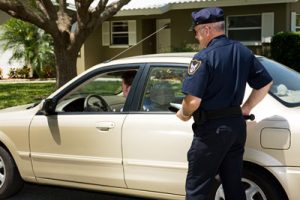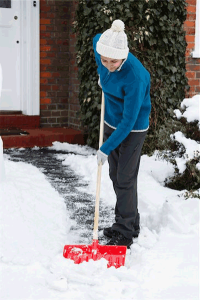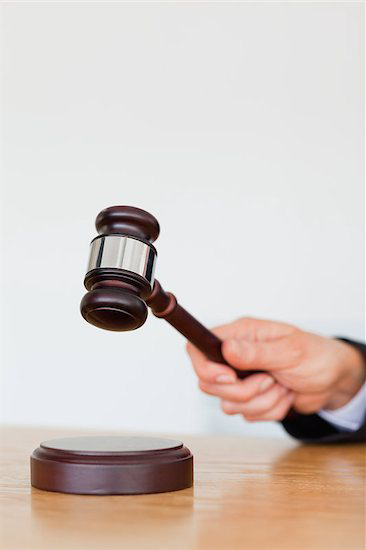Financing a higher education is a daunting task that has high school seniors from all walks vying for whatever tuition aid is available. Because need far exceeds availability these days, it is only logical that criteria for eligibility be set. But when a New Jersey teenager’s application for state aid was rejected recently, it raised the question of whether a child born in this country should be denied such benefits because of his or her parents’ immigration status. (1)
Generally, state and federal student aid is available only to U.S. citizens, permanent residents or certain other eligible non-citizens. (2) Whether states should extend this aid to children of illegal immigrants has been the topic of hot debate not only in New Jersey but across the country. Supporters say children should not be punished for the actions of their parents. Opponents, on the other hand, fear that granting financial assistance to children of illegal immigrants would deplete funds available for legal residents and/or put an undue burden on taxpayers. Proposed legislation that would have made illegal immigrants eligible for in-state tuition rates in New Jersey did not even win enough support for a vote. (3)
The New Jersey case currently in the media and the courts puts a slightly different twist on the issue, however: the student at the center of this case was born in this country, making her a legal citizen. Like many of her peers, she applied to the New Jersey Higher Education Student Assistance Authority (HESAA) for a Tuition Aid Grant. HESAA rejected the application on the basis that her mother was not a legal resident. That decision is being appealed. (1)
 It’s unnerving for any driver to be stopped for a traffic violation and even more so for inexperienced drivers. The driver’s manual doesn’t cover what to do in this situation but as parents we want our teens to be safe on the road, whether they’re moving with traffic or being pulled over by a police officer.
It’s unnerving for any driver to be stopped for a traffic violation and even more so for inexperienced drivers. The driver’s manual doesn’t cover what to do in this situation but as parents we want our teens to be safe on the road, whether they’re moving with traffic or being pulled over by a police officer. New Jersey Family Law Blog
New Jersey Family Law Blog






 Last month’s National Prescription Take Back Day resulted in almost 15,000 pounds of expired prescription drugs being dropped off at collection sites throughout New Jersey alone. This was the seventh annual Take Back event sponsored by the Drug Enforcement Agency (DEA) in an effort to combat a growing problem of prescription drug abuse in New Jersey and throughout the country.(1)
Last month’s National Prescription Take Back Day resulted in almost 15,000 pounds of expired prescription drugs being dropped off at collection sites throughout New Jersey alone. This was the seventh annual Take Back event sponsored by the Drug Enforcement Agency (DEA) in an effort to combat a growing problem of prescription drug abuse in New Jersey and throughout the country.(1) What started as a celebration ended in potentially serious consequences for a Lebanon Borough couple on May 17. Police, responding to a noise complaint, charged the couple with serving alcohol to minors after it was discovered that the approximately 40 party-goers included an undisclosed number of underage persons.(1)
What started as a celebration ended in potentially serious consequences for a Lebanon Borough couple on May 17. Police, responding to a noise complaint, charged the couple with serving alcohol to minors after it was discovered that the approximately 40 party-goers included an undisclosed number of underage persons.(1)